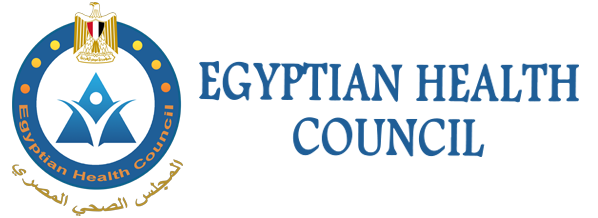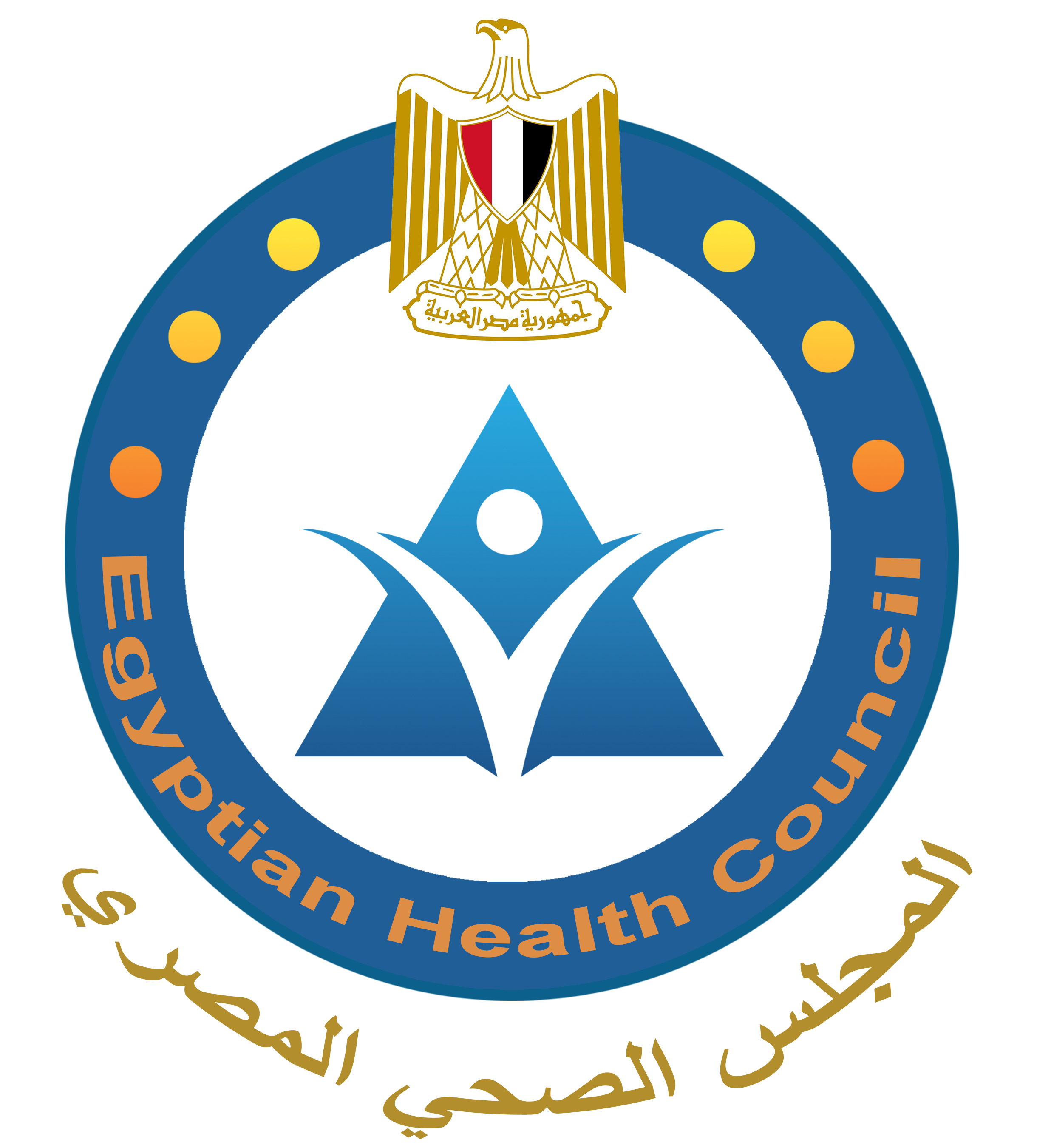
Multiple Sclerosis
"last update: 23 Sep. 2024"
- Annexes
The different DMTs that are approved for RRMS patients
Interferon Beta:
The use of interferon beta in RRMS is supported by class I evidence derived from multicenter randomized controlled trials. They reduce risk of relapses and disability progression by approximately 30% (10, 11, 12) .
Fingolimod:
Fingolimod was the first oral DMT approved for RRMS based on two phase III clinical trials. It reduced annualized relapse rate by 55% and 52% compared to placebo and Interferon beta 1a IM respectively, and the risk of disability progression by 30% compared to placebo only (13, 14) .
Teriflunomide:
Teriflunomide was approved as an oral DMT based on two phase III clinical trials in patients with RRMS. In the TOWER trial, teriflunomide reduced annualized relapse rate by 36.3% and the risk of disability progression by 31.5% when compared to placebo (15) ,
Dimethyl fumarate:
Dimethy fumarate has been approved as an oral medication for RRMS after the 2 phase III trials DEFINE and CONFIRM, DMF 240 mg twice daily showed a significant reduction in annualized relapse rate (49%), and disability progression (32%) compared to placebo (16) .
Natalizumab:
Natalizumab was the first approved monoclonal antibody for RRMS. In the phase III AFFIRM trial, natalizumab reduced the rate of clinical relapses by 68% and the risk of sustained disability progression by 42% compared to placebo (17).
Ocrelizumab:
Ocrelizumab is a recombinant humanized monoclonal antibody that targets CD20 surface protein on B cells. In 2 similarly designed phase III trials (Opera I and II) involving patients with RRMS, ocrelizumab reduced annualized relapse rate by 46–47% and risk of 24 weeks confirmed disability progression by 37–43% compared to subcutaneous IFNB-1a (18) .
Cladribine:
In a phase III trial, Cladribine administered as oral tablets in four cycles over 2 years, reduced annualized relapse rate by 58% and risk of 6 months confirmed disability progression by 47% compared to placebo. In the extension trial, patients shifted to placebo for the next 2 years showed persistent efficacy of the treatment with 77.8% and 75.6% of patients remaining relapse free during the first 2 years and years 3 and 4 of the extension respectively (19) .
Ponesimod:
Ponesimod was approved as an oral DMT for RRMS patients since it was superior to teriflunomide on annualized relapse rate reduction with a relative rate reduction of 30.5% (20) .
Rituximab:
Rituximab is a chimeric monoclonal antibody that depletes CD20 B cells. Several open label or observational studies from Sweden and other parts of the world supported the efficacy and safety of rituximab in comparison to other disease modifying therapies in patients with MS (21, 22, 23) ,
